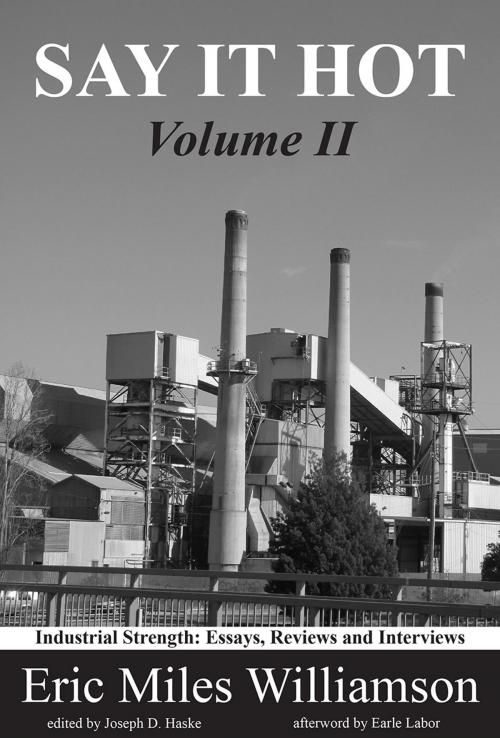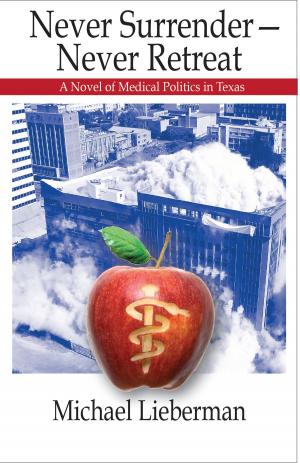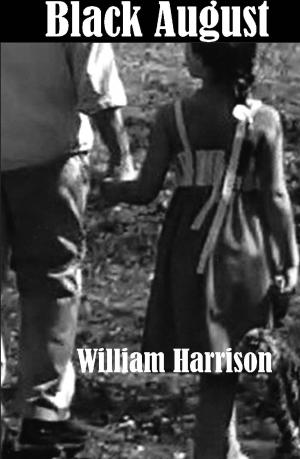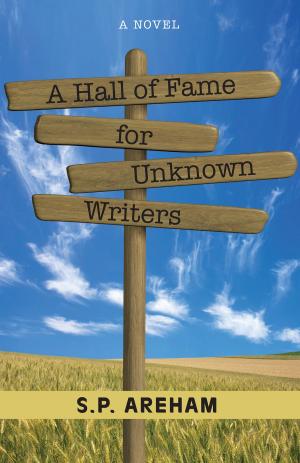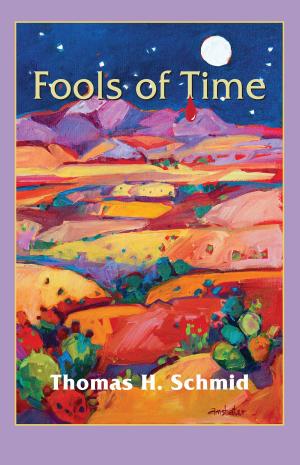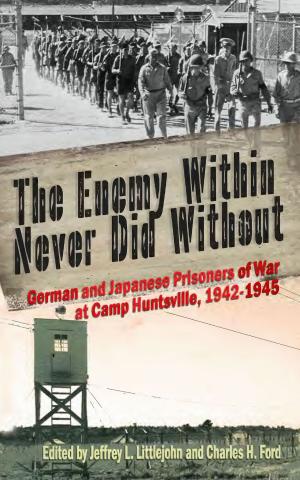Say It Hot, Volume II: Industrial Strength
Essays on American Writers
Fiction & Literature, Literary Theory & Criticism, French, American| Author: | Eric Miles Williamson | ISBN: | 9781680030037 |
| Publisher: | Texas Review Press | Publication: | October 15, 2014 |
| Imprint: | Texas Review Press | Language: | English |
| Author: | Eric Miles Williamson |
| ISBN: | 9781680030037 |
| Publisher: | Texas Review Press |
| Publication: | October 15, 2014 |
| Imprint: | Texas Review Press |
| Language: | English |
Say It Hot Volume II: Industrial Strength is a collection of essays on American poets, fiction writers, nonfiction writers, and issues of interest to artists and academics. A companion volume to Say It Hot, these essays are brutally honest and acutely intelligent.
From the book: “Literary authors these days no longer make livings off their work. Their books are not to be found in bookstores, and the books are rarely printed by major New York publishing houses. No one reads their works except for other literary authors and the professors who are evaluating their tenure and promotion folders at the colleges and universities at which they are employed, and it’s a minor miracle if a literary book from a small press sells a thousand copies. Fiction writers from wealth write about writing or they write about the ridiculous “sufferings” of the rich. Fiction writers from the lower classes write about the primordial filth from which they’ve physically escaped but from which they’ll never mentally be able to leave behind. Like war veterans, people who’ve fought it out in the miasma of poverty and blue- collar hell can never get the stink out of their skins, try as they may. Just like people who haven’t been to war can spot vets who have, middle-class people and the rich can spot people who’ve grown up poor, no matter what their position in life or the quality of their designer suits. Those suits just don’t fit right, and the neckties make them fidget and sweat. What the well-heeled authors and the working-class writers have in common is that they’ve been trained not to pronounce moral judgment.”
Say It Hot Volume II: Industrial Strength is a collection of essays on American poets, fiction writers, nonfiction writers, and issues of interest to artists and academics. A companion volume to Say It Hot, these essays are brutally honest and acutely intelligent.
From the book: “Literary authors these days no longer make livings off their work. Their books are not to be found in bookstores, and the books are rarely printed by major New York publishing houses. No one reads their works except for other literary authors and the professors who are evaluating their tenure and promotion folders at the colleges and universities at which they are employed, and it’s a minor miracle if a literary book from a small press sells a thousand copies. Fiction writers from wealth write about writing or they write about the ridiculous “sufferings” of the rich. Fiction writers from the lower classes write about the primordial filth from which they’ve physically escaped but from which they’ll never mentally be able to leave behind. Like war veterans, people who’ve fought it out in the miasma of poverty and blue- collar hell can never get the stink out of their skins, try as they may. Just like people who haven’t been to war can spot vets who have, middle-class people and the rich can spot people who’ve grown up poor, no matter what their position in life or the quality of their designer suits. Those suits just don’t fit right, and the neckties make them fidget and sweat. What the well-heeled authors and the working-class writers have in common is that they’ve been trained not to pronounce moral judgment.”
